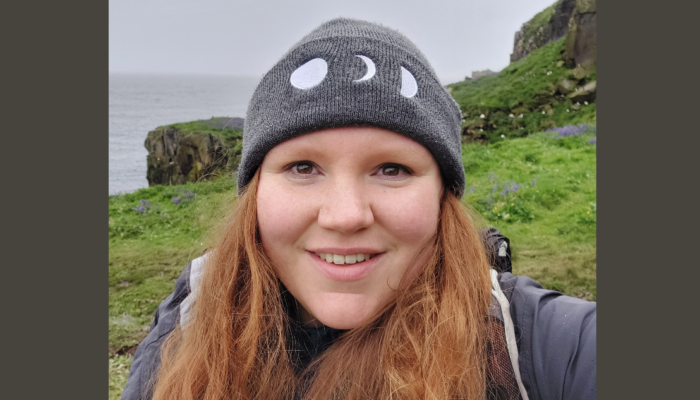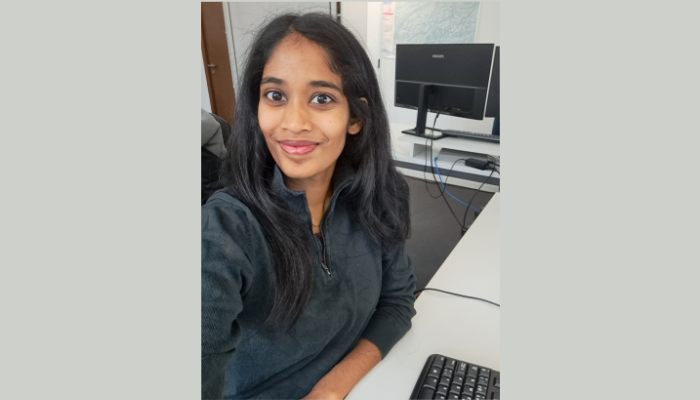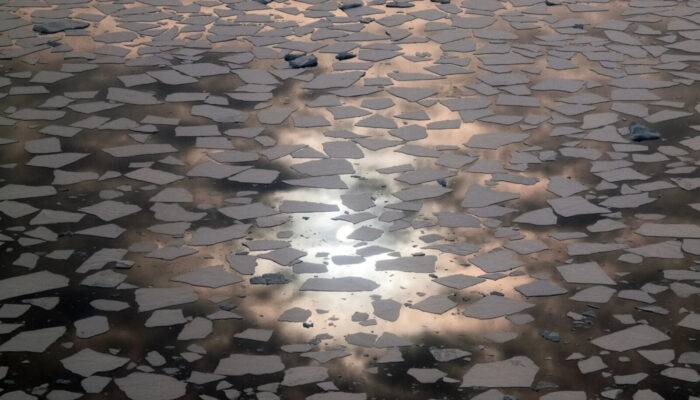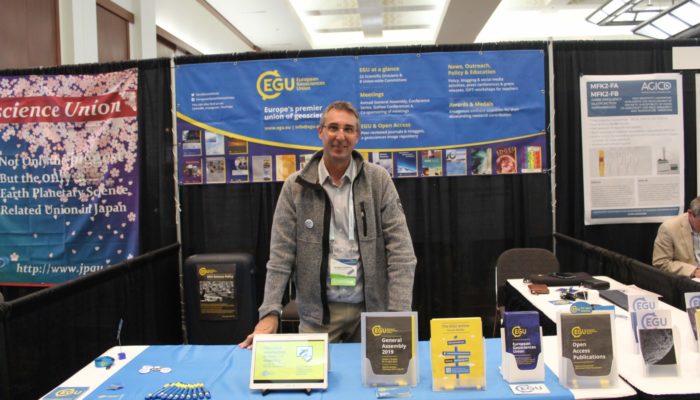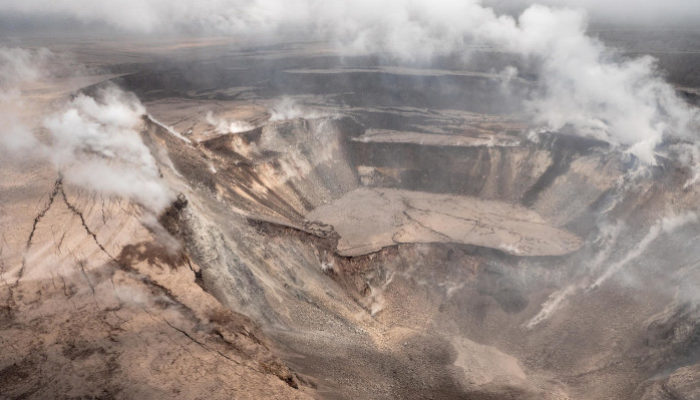Hello Silke and welcome to GeoTalk! Before we dig into your topic of expertise, could you introduce yourself to our readers? Hello, Simon. My name is Silke Asche, and I am a chemist in astrobiology and part of the Agnostic Biosignature Collective led by Dr Heather Graham at NASA’s Goddard Space Flight enter. My Ph.D. focused on Origins of Life (OoL) research and the automation of such experiments. ...[Read More]
If you didn't find what you was looking for try searching again.
GeoLog
On LGBTQIA+ Challenges and Allyship in STEM
During November, several important dates are recognised, including the International LGBTQIA+ in STEM Day on November 18. This month is also designated as Transgender Awareness Month, culminating in the recognition of Transgender Day of Remembrance yesterday, November 20. In celebration of our LGBTQIA+ community, this blog highlights some of the activities we undertook throughout the last year. Be ...[Read More]
GeoLog
GeoTalk: meet Thanushika Gunatilake, researcher of earthquake impacts on geothermal energy
Hello Thanushika – welcome to GeoTalk! Before we delve deeper, could you introduce yourself to our readers? Thank you for having me! I’m Thanushika Gunatilake, an Assistant Professor at Vrije Universiteit Amsterdam. My research connects natural and human-induced processes in the Earth’s crust; from earthquake nucleation in the central Apennines, subduction dynamics, and volcanic activity, to geoth ...[Read More]
Geodynamics
Applying for a PhD in Geoscience: To do or not to do
Fresh out of your bachelor’s degree, or more commonly these days, your master’s degree, it can be tempting to pursue your PhD as quickly as possible. While there are compelling reasons to dive straight in, rushing into a PhD might not be your best choice. To be or not to be a researcher? Before you start firing off applications, take a step back. Forget any expectations you had ...[Read More]
Cryospheric Sciences
Friday the 13th – an unlucky day for sea ice?
On this September 13th, coinciding to be a “Friday 13th”, we wanted to scan the cryo-history for expeditions started, sunken ships that day, and mountain myths. And we did find that. But as autumn approaches in the Northern hemisphere, the spookiest story of all was this one: the unlucky timing of the Arctic sea ice in September. TGIF – but not for sea ice Although the median min ...[Read More]
GeoLog
An end to the ‘manel’? 3 things you can do to help reduce the existence of all-male-panels.
I am pretty sure that everyone has had this experience at one time or another. You attend a meeting or conference and, despite the diversity of people in the audience, the people on the podium invited to speak are uniformly men. If you come from the same part of the world as I do (Western Europe) this experience can also probably be extended to the panel only being white, often native English spea ...[Read More]
Geodynamics
Alice in Depressionland
Not all is about internal evolution of Earth and geodynamic processes. It is also important to make the space for ourselves to separate academic responsibilities and personal interests, in a way that equilibrate our health and make the develop of the PhD thesis “easier”. As it was described in previous blogs (as here and here), mental health matters during the PhD pathway especially when the illus ...[Read More]
GeoLog
GeoTalk: Philippe Courtial, Executive Secretary, reflects on 20 years of EGU!
Hi Philippe, could you please introduce yourself and your role for our readers? Thank you for inviting me today to provide this contribution as part of this celebration of the EGU 20th anniversary. Being fascinated by the geological features and the beauty of the minerals since my early age, I had the opportunity to study Geology. I completed my PhD at the Institut de Physique du Globe in Paris on ...[Read More]
Geodynamics
Investigating earthquake activity of the 2018 Kīlauea Volcano eruption
Both earthquakes and research project directions can be hard to predict. This week Becky Fildes, a graduate student at UC Davis, takes us on a journey of how she came to study earthquake behavior in Hawaii during an active volcanic eruption and how our understanding of caldera collapses can be further improved. In my first year of graduate school in 2017, I had started studying earthquake statisti ...[Read More]
Tectonics and Structural Geology
Geomythology. Japan’s Earthquakes – The work of Namazu?
Welcome to this first post on the EGU TS blog’s newest series on Geomythology. Plate tectonic theory has existed for just over half a century but the Earth beneath us has always been active. In this series we explore historical and mythological explanations to tectonic phenomena we now understand, such as earthquakes, volcanoes, mountains, and others. Japanese earthquakes Japan is one of the count ...[Read More]

